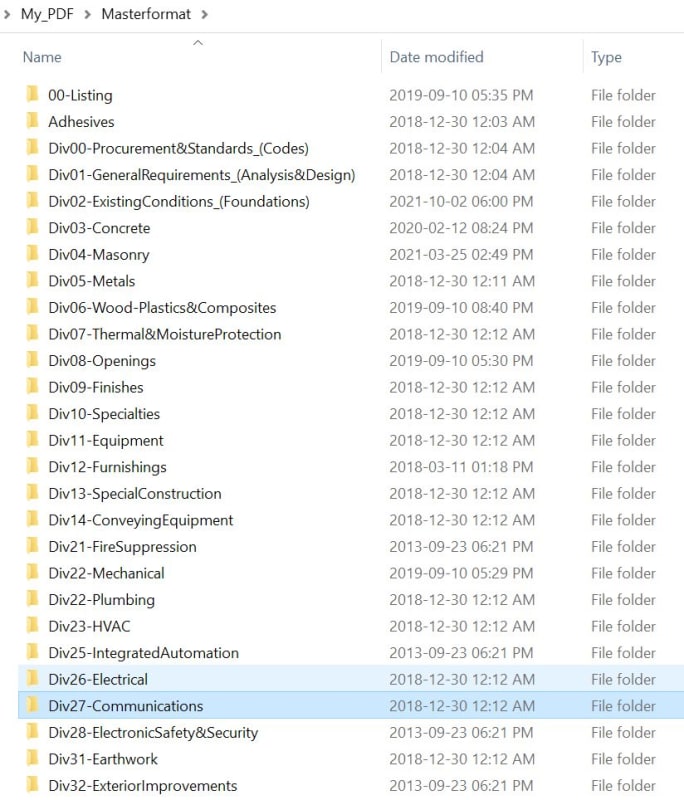geotechguy1
Civil/Environmental
- Oct 23, 2009
- 671
Can't think of a good place to make this post.
Just curious how others manage electronic references. I've accumulated thousands of journal articles, technical manuals, textbooks, example projects over the years and I'm finding that managing it is getting difficult. I've tried various folder based systems but eventually it breaks down (and also this system usually requires having a USB key or hard drive to shuttle back and forth between home and work which employers view with suspicion now).
Just wondering if anyone knows of any software or tools to organize electronically effectively.
Just curious how others manage electronic references. I've accumulated thousands of journal articles, technical manuals, textbooks, example projects over the years and I'm finding that managing it is getting difficult. I've tried various folder based systems but eventually it breaks down (and also this system usually requires having a USB key or hard drive to shuttle back and forth between home and work which employers view with suspicion now).
Just wondering if anyone knows of any software or tools to organize electronically effectively.

